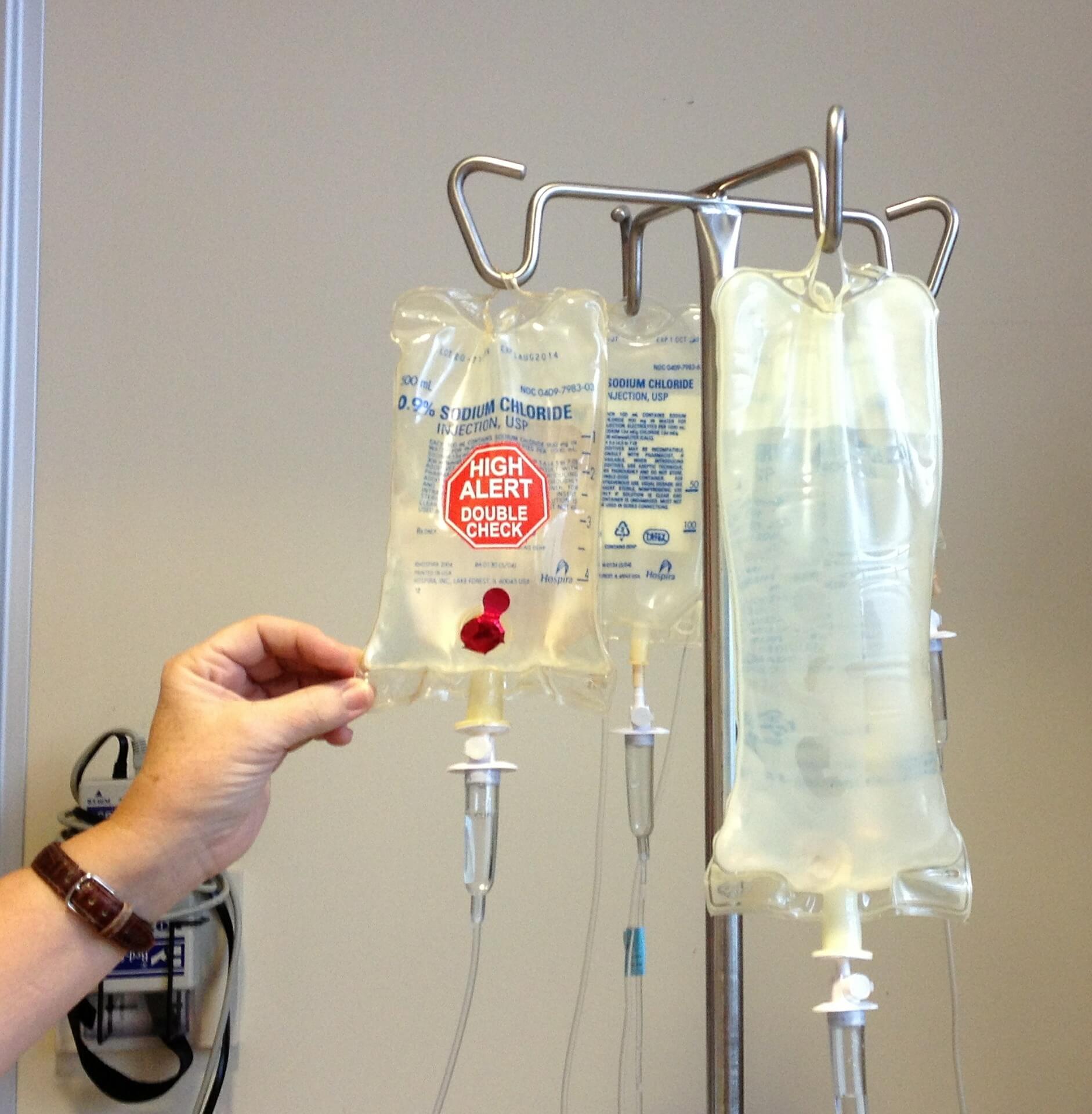
Aspirin may accelerate cancer progression in older individuals
Aspirin is one of the most commonly used drugs in many parts of the country as it is a primary medicine used when one has a moderate fever, muscle aches, toothaches, common cold, and headaches. In patients who have cardiovascular disease or who have already had a heart attack or stroke, aspirin has been shown to be helpful when used daily to lower the risk of heart attack, clot-related strokes, and other blood flow problems. Aspirin is prescribed for these uses by many medical professionals. This widespread use of aspirin has enabled numerous observational studies that have linked the use of aspirin to decreased chances of cancer diagnosis and death. Those studies ultimately led to clinical trials to confirm the potential for aspirin disease prevention, including for cancer. However this was not the case, many studies indicated otherwise and suggested that aspirin may accelerate cancer.
The Aspirin in Reducing Events in the Elderly (ASPREE) Approximately 19,000 relatively stable individuals who were 70 years or older were included in the analysis. Those who took 100 mg of aspirin a day were no more likely to be diagnosed with cancer than those who took a placebo. However, they had a better risk of being diagnosed with advanced cancer. In the study, 19,114 Australian and U.S. community-dwelling participants aged 70 or more were selected. These participants did not have any cardiovascular disease, dementia, or physical disability and were observed for a period of 4.7 years. 981 cancer events occurred in the aspirin and 952 in the placebo groups.
“ASPREE’s unexpected and unexplained results suggest that in our understanding of the biological effects of aspirin on cancer development and evolution within and across individuals of different ages, we may still be missing a critical piece of the puzzle. Dr. Ford said the results pose a crucial question: Why does the use of aspirin lead to even a slight rise in the risk of advanced cancer in the elderly? As she noted, research linking aspirin use to decreased cancer risks and cancer mortality was mostly performed in younger populations. It may be because the biology of older people is different from that of younger people, the study team indicated. Older individuals, for example, often already have weakened immune systems. And aspirin can disrupt the response of the immune system that is “critical to controlling the growth and spread of the later stage [tumor].”

















